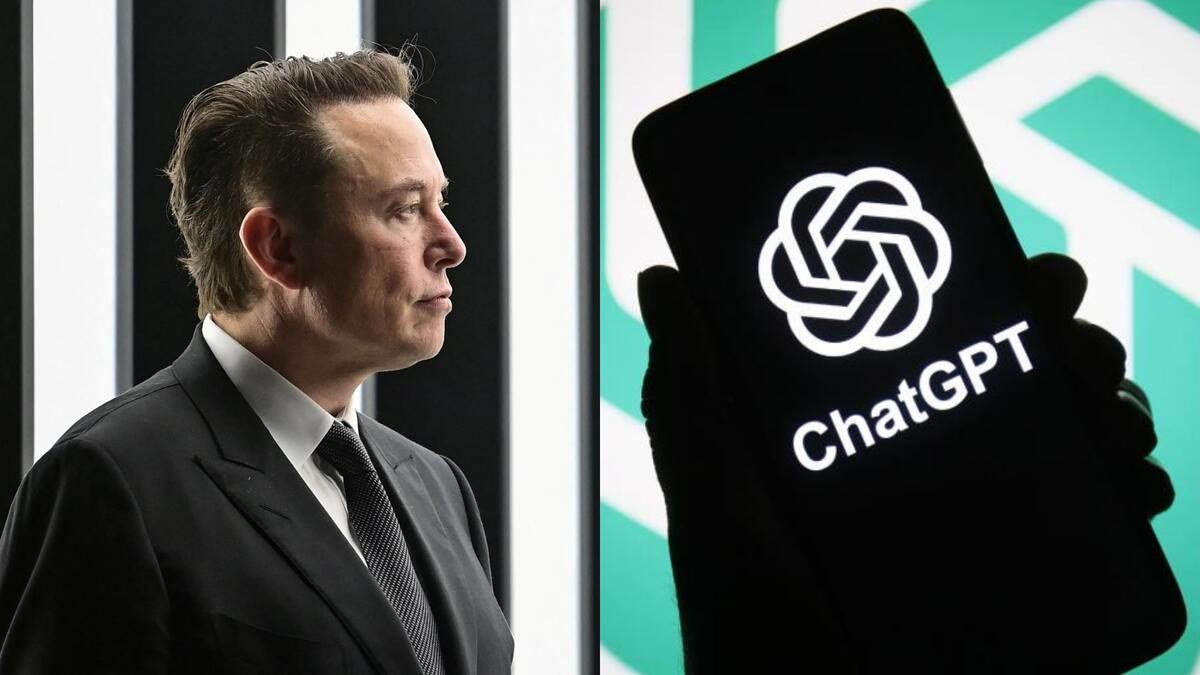As Twitter collapsed for thousands of users worldwide on Wednesday evening, internet users were furious. Meanwhile, OpenAI said that most users could not access ChatGPT, a popular chatbot. According to Downdetector, which analyses outages by compiling status updates from a variety of sources, including user-submitted faults on its platform, there were roughly 6,000 cases of individuals reporting problems with the Elon Musk-owned social networking site.
OpenAI claims that login attempts have been stopped while they work to restart the service. Notably, ChatGPT was heralded as the fastest-growing application earlier this year and attracted much attention for its quick expansion. Within just two months, it was predicted to have amassed close to 100 million active monthly users. Since then, Meta’s Threads, which attracted 100 million users in only five days, has eclipsed this milestone.
Whether the current fall in user numbers represents a sign of future trends or is only a temporary setback is a legitimate concern. Has the general public’s enthusiasm with AI peaked, or are still-present problems and limits of the technology becoming more obvious and diminishing its appeal? To assess the long-term trajectory of the public’s perception of AI, further investigation and observation will be required.
Why OpenAI is unconcerned :
The majority of users were utilising the free version of ChatGPT, from which OpenAI derives relatively little revenue. People who have purchased ChatGPT Plus are a source of revenue for OpenAI. Although this number has also decreased, OpenAI engineers had expected this. The majority of ChatGPT’s revenue comes from the plugins and APIs it offers to companies. Businesses are willing to pay top dollar for OpenAI’s plugins after seeing what GPT-4 and GPT3.5 can do. Additionally, the plugins are a consistent source of income that generates monthly cash.
Basically, ChatGPT earns revenue from paying clients who utilise its LLM, or large language model, GPT-4, whether they are individual users or paying corporations. OpenAI need not worry as long as anyone can access that. There’s a catch, though.


